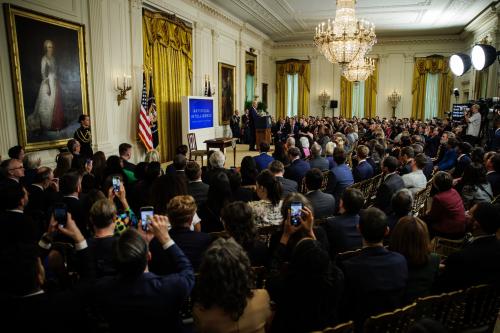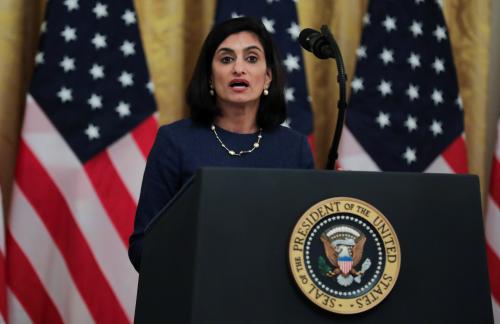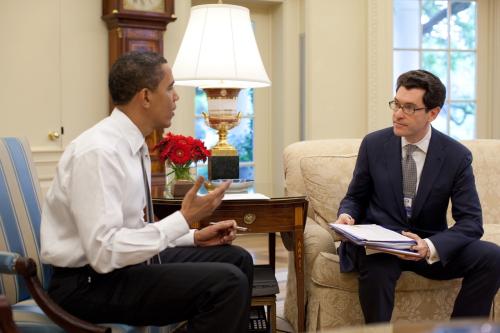After nearly three decades in Washington, I’m not as easily shocked as I once was. But Gretchen Morgenson’s article in this Sunday’s New York Times quietly blew the lid off the CDO collapse that sparked the Great Recession. She reports that in testimony given last week, D. Keith Johnson, former president of a company that analyzed mortgage pools for the Wall Street firms that sold them, told the Financial Crisis Inquiry Commission that almost half the mortgages his company examined between the beginning of 2006 and the middle of 2007 “failed to meet crucial quality benchmarks that banks had promised to investors.” When he personally took these data to officials at three major ratings firms, they all declined to take it into account in assigning risk levels to different “tranches” of securities.
The details show how compelling these findings should have been. During the period covered in Johnson’s testimony, his firm reviewed 911,000 loans for 23 investment or commercial banks. Fully 46 percent failed to meet the lenders’ own underwriting standards, and 28 percent were “outright failures”—loans that had no positive factors that might conceivably have been judged to compensate for their shortcomings. And yet 39 percent of these loans went into mortgage pools sold to investors.
According to Morgenson, “The results of the … analysis were not disclosed to investors buying the loan pools. Instead, Wall Street firms used the information to pressure the lenders issuing the most troubled loans to accept a lower price for them.” These firms could have passed on the savings to their customers, reducing investors’ risks. Guess what? They didn’t. Instead, they pocketed the difference.
How many times in the past three years have we heard that these firms just didn’t know what was happening or couldn’t have known? Eminent economists and bankers told us that we could spot bubbles only in retrospect and could do nothing to prevent them. If Morgenson’s report is accurate, that is pure BS. We’re no longer talking about pardonable ignorance. We’ve entered the realm of fraud, misrepresentation, and reckless endangerment of our entire economic and social fabric.
Sober policymakers insist that that the emergency programs they launched were absolutely necessary to pull our financial system back from the brink. For the most part, I agree with them. It’s not what they did, but rather what they didn’t do (and for the most part still haven’t done) that has proved so damaging to public trust. Allowing the people most responsible for getting us into this mess to get off scot-free offends our basic moral sensibilities.
If Noam Scheiber’s piece on David Axelrod in the current issue of TNR is accurate, the tone-deafness starts at the top. President Obama received—but rejected—advice to limit executive pay at firms receiving federal bailouts, and he refused to stop $165 million in “performance bonuses” to executives at AIG’s notorious financial products division. In each case the president followed the counsel of his Treasury Secretary, for whom his high regard seems increasingly inexplicable. No doubt he thought—and still thinks—he had compelling reasons to do what he did. But it was those decisions, and others that followed them, that helped redirect populist ire away from Wall Street and toward Washington. We’ll be living with the consequences for a long time.



Commentary
Op-edShocking Revelations on Wall Street (And Obama’s Tone-Deaf Response)
September 28, 2010